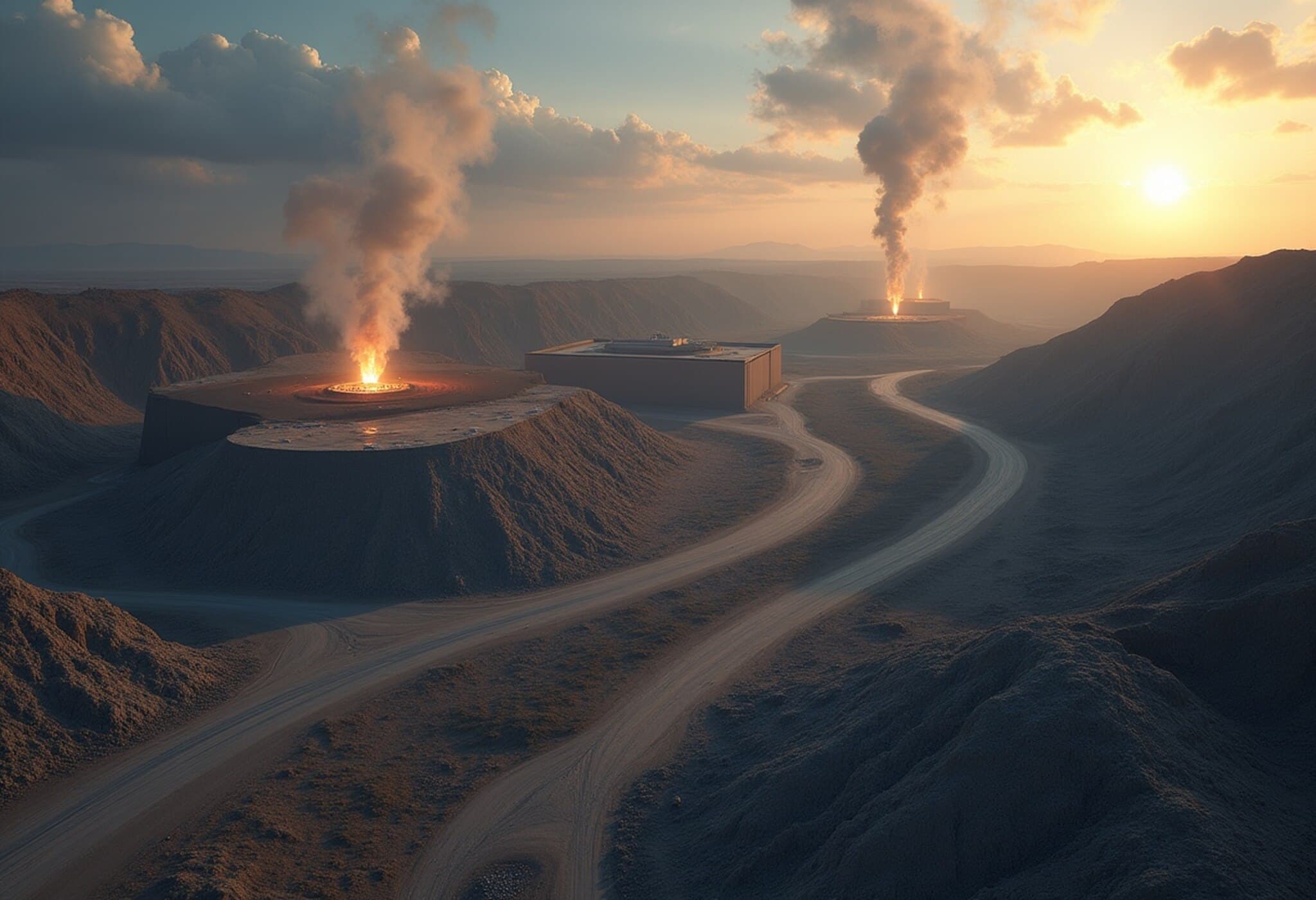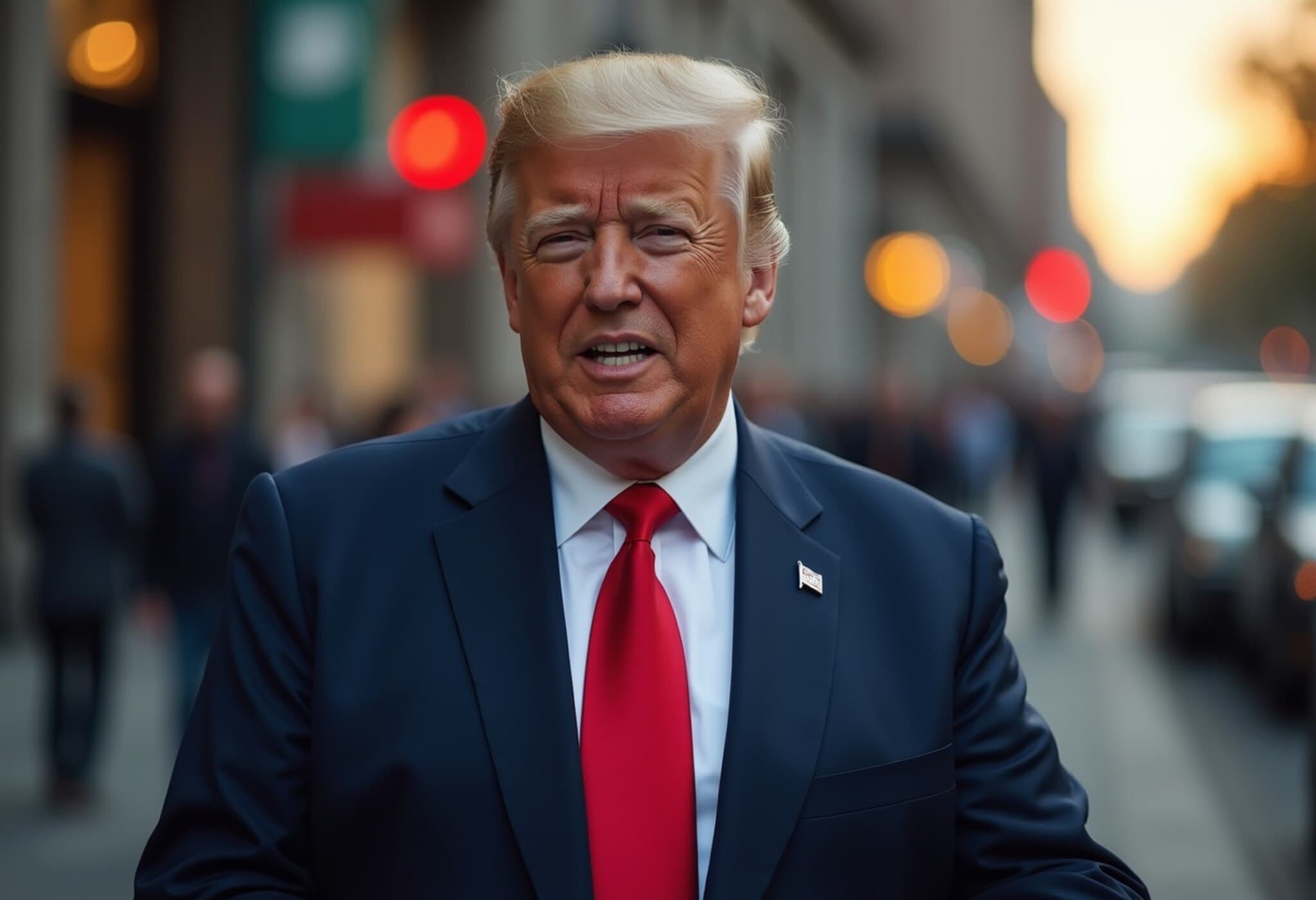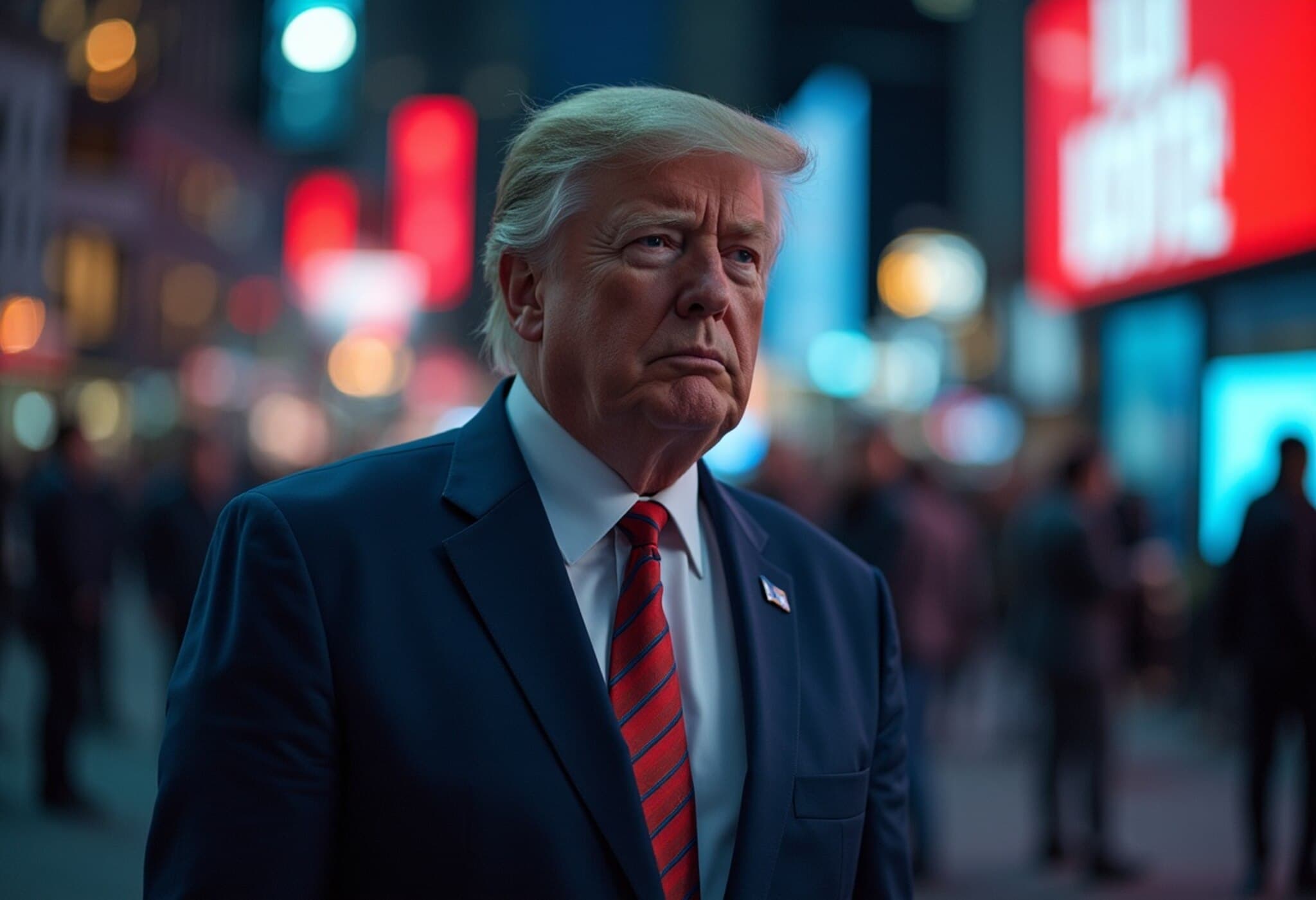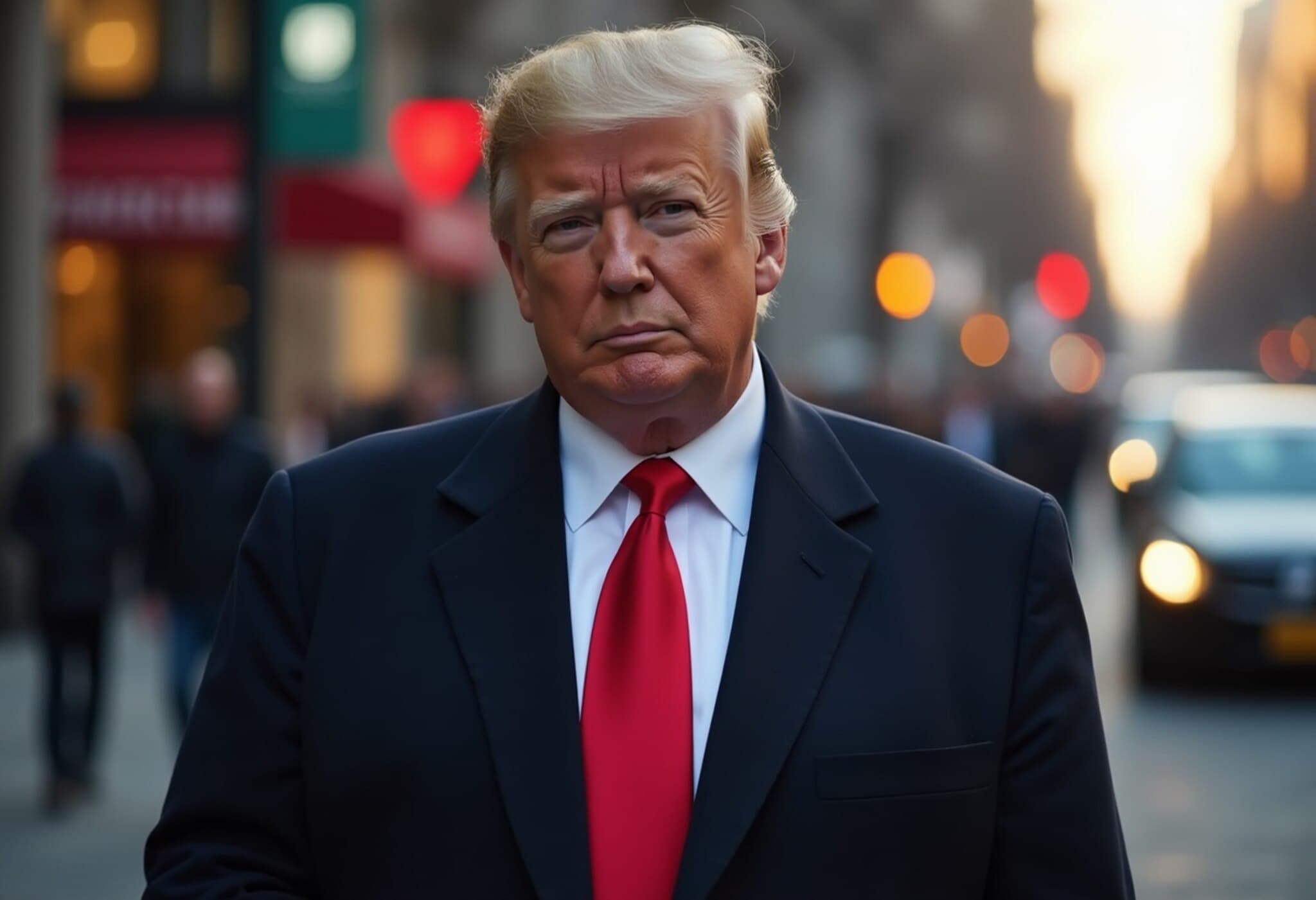Pentagon Invests $400 Million in MP Materials, Elevating National Security
In a strategic move to fortify America’s supply chain for critical minerals, the U.S. Department of Defense has announced a $400 million investment in MP Materials, the owner of the only operational rare earth mine on U.S. soil, located at Mountain Pass, California. This infusion not only makes the Pentagon the company’s largest shareholder—holding approximately 15%—but also signals a significant shift toward reducing America’s reliance on foreign sources, particularly China, for rare earth elements vital to modern defense technologies.
Why MP Materials Matters to National Security
Rare earth elements, such as neodymium and praseodymium (NdPr), are indispensable for manufacturing powerful magnets used in cutting-edge military hardware including the F-35 fighter jets, unmanned aerial vehicles (drones), and advanced submarine systems. Historically, the United States has depended heavily on imports — with over 70% sourced from China in 2023 — creating a critical vulnerability amid ongoing geopolitical tensions and trade disputes.
MP Materials’ Mountain Pass mine represents a rare domestic source of these essential minerals. The Pentagon’s investment is designed to accelerate the expansion of MP’s processing and magnet production capacity, further strengthening the domestic supply chain for defense and commercial needs.
Building a Robust Domestic Supply Chain: The 10X Magnet Facility
A cornerstone of this partnership is the development of a second rare earth magnet manufacturing facility, dubbed "10X," backed financially by JPMorgan and Goldman Sachs with a $1 billion commitment. The Pentagon has committed to purchasing 100% of the magnets produced at 10X for at least a decade, ensuring a stable demand that will enable the facility to meet annual production of 10,000 metric tons by its estimated commissioning in 2028.
This facility aims to close a critical gap in the U.S. rare earth supply chain, moving toward an end-to-end domestic ecosystem that supports both defense contractors and commercial industries reliant on these strategic materials.
Innovative Financial Terms to Protect Taxpayer Interests
The Pentagon’s investment involves a newly created class of preferred stock convertible into common shares at a fixed price of $30.03, with no cash dividends. Complementing this, a price floor guarantee of $110 per kilogram for NdPr compounds ensures MP Materials receives stable revenue. Should market prices fall below this threshold, the government will cover the shortfall through quarterly payments; if prices soar above it, the Pentagon will share 30% of the profits.
This arrangement reflects a sophisticated public-private partnership designed to balance risk and reward, and as MP Materials CEO James Litinsky put it, “The taxpayers are going to make a lot of money.”
Expert Insight: Implications For U.S. Economic and Defense Policy
This deal underscores a broader U.S. strategy to reclaim sovereignty over critical mineral supply chains—a priority echoed by policymakers since the Trump administration and championed by Interior Secretary Doug Burgum, who advocated for federal investments in such companies to curtail Chinese dominance.
From an economic perspective, this initiative could catalyze growth in domestic mining, refining, and advanced manufacturing sectors, contributing not only to national security but also to job creation and technological innovation.
However, challenges remain, including environmental considerations typical of rare earth mining and refining, and the need for skilled labor and infrastructure to meet ambitious production timelines.
What’s Next for MP Materials and the U.S. Rare Earth Industry?
- MP Materials is set to receive an additional $150 million loan from the Pentagon to enhance rare earth separation technologies at Mountain Pass.
- The 10X magnet manufacturing plant will follow stringent commissioning procedures, aiming to operationalize by 2028.
- This evolving partnership may inspire similar public-private initiatives targeting critical supply chains for other strategic materials.
Conclusion
With this landmark investment, the Pentagon is not only putting its financial weight behind MP Materials but also signaling a new era of industrial resilience and sovereign control over minerals that underpin national defense. This collaboration exemplifies how public resources and private enterprise can unite to address complex geopolitical and economic challenges.
While the Pentagon’s stake in MP Materials addresses a critical vulnerability, it also raises important questions about the long-term sustainability of rare earth mining in the U.S. and the environmental footprint of scaling such operations. Readers should watch closely how this public-private partnership navigates these challenges—and what it means for the broader strategy to diversify critical supply chains amid rising geopolitical tensions.
















